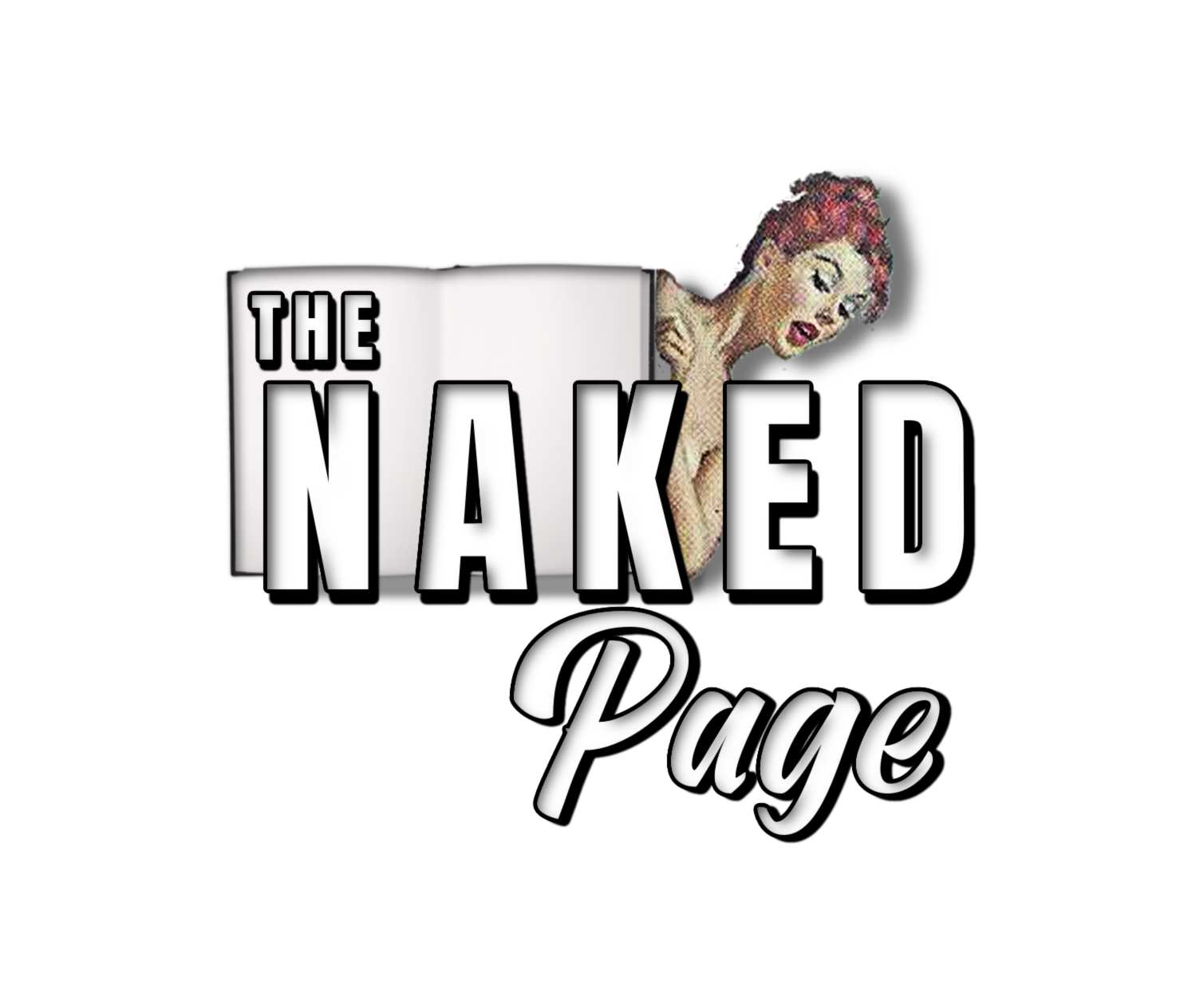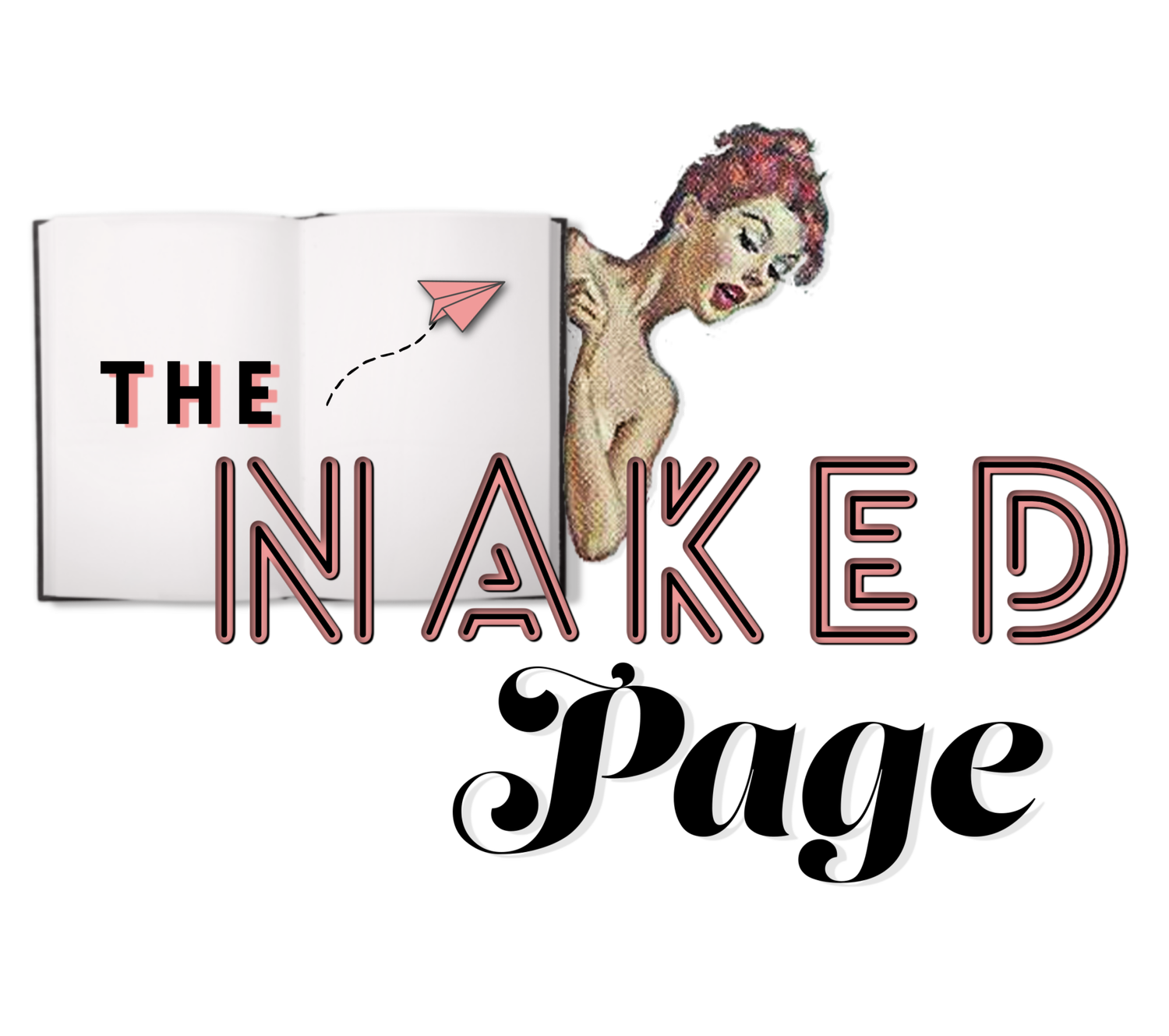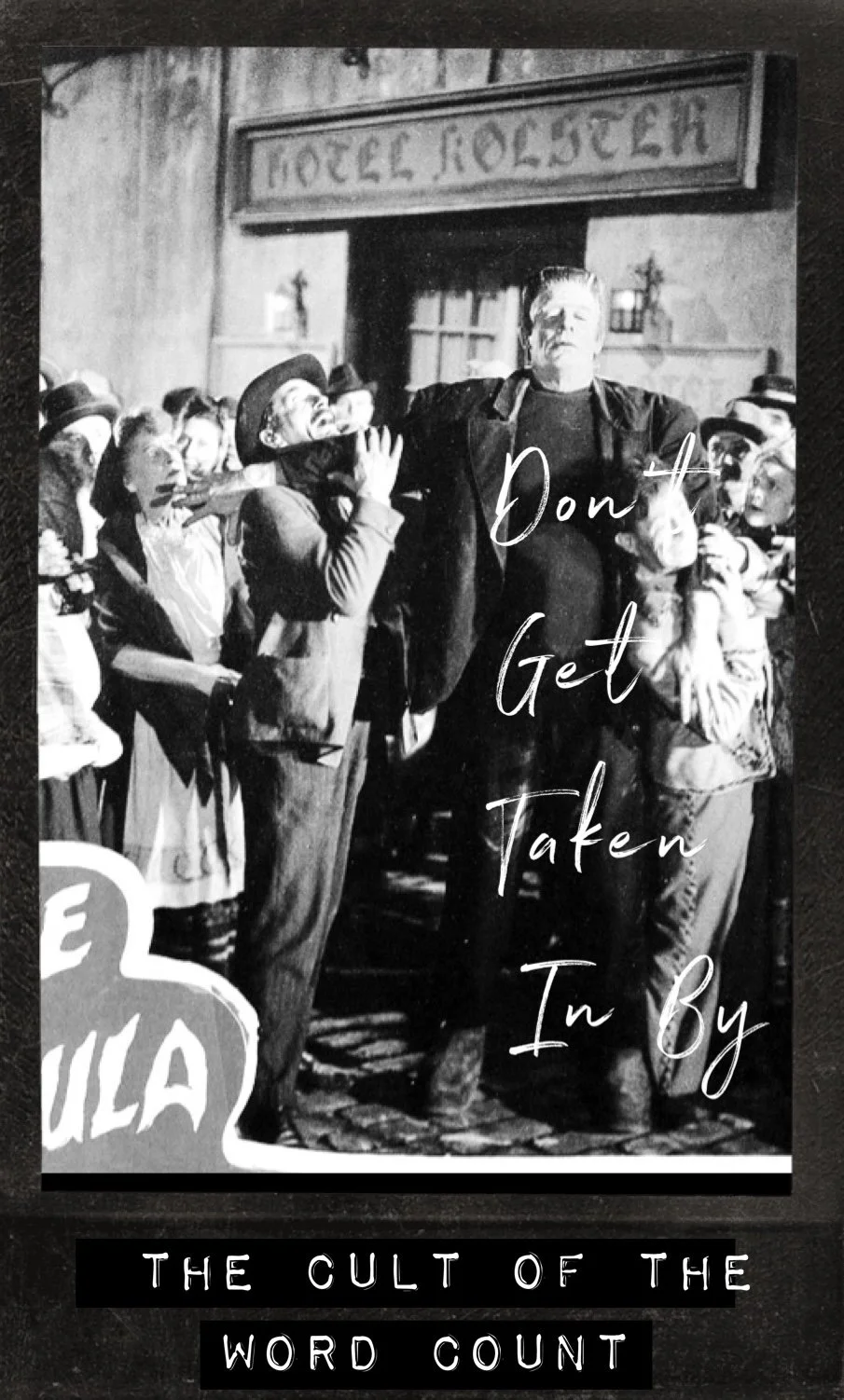The #1 Scariest Writing Myth
Kids all across the US are gearing up for Halloween.
Writers—NaNoWriMo.
Here’s why I consider NaNoWriMo a thing of nightmares.
I participated in the November National Novel Writing Month waaaaaaaaaaaaay back in 2005. It’s still going strong.
I got a certificate that stated I completed my “novel”—a 50,000-word document that didn’t need any structure. In fact, my last few lines went something like this: “go, go, go, keep writing, keep going, finish the word count.”
That manuscript landed in a desk drawer and never saw the light of day again. The certificate’s there, too.
Am I saying don’t participate in NaNoWriMo?
Not exactly.
If you’re a newbie writer who has trouble getting words on the page, this experiment could help you free your phalanges.
Go. Do it.
However, where NaNoWriMo falls flat is for writers who have moved beyond that introductory phase of writing and want to produce a well-structured story.
To “win” the contest, you put your story into a word count validator and if you’ve reached 50,000 words, you win. Ding. Ding. Ding.
But it’s this hyper-focus on numbers that’s problematic.
NaNoWriMo feeds off one of the scariest writing myths of all time—one that tells writers all they need to do is add more words. It’s better known as:
“Just write!”
Here are some quotations I’ve read in online writing groups that emphasize the just write method:
“The only way to be a real writer is to just write and keep writing.”
“Write three pages in longhand every morning no matter what.”
“After you write and keep writing, you’ll naturally start to understand your story structure.”
“You’ll catch cooties from kissing boys.”
Okay, you get my point.
Have you heard this just write myth in some variation? It’s usually leveled at people asking specific questions about the writing process.
Maybe you’ve even been hit with it when you tried to learn more about the craft of writing.
Why has this one myth landed in our writers’ collective consciousness as the only way to become a real writer? Even best-selling authors—some I identify as my writing heroes—tout this nonsense.
Every few months, some well-known author pops up on Twitter or in an NPR interview and gets asked by fans, “how can I become a better writer?”
And the author responds out of annoyance: “Just write. There’s no magic formula. There’s no shortcut. Write and keep writing.”
What in the beehive hell is happening here?
“I think there’s a breakdown in communication about the writing process.”
Let’s translate:
The author is telling their fan, “you must do the work. There are no shortcuts to the writing process.”
And that’s 100% true. There is no easy way ‘round writing. If you want to write, you’ll have to put in the figurative (and sometimes literal) blood, sweat, and tears.
But wait a minute… is that really what the amateur author was asking?
Nope.
I think there’s a breakdown in communication over this writing process question.
The well-known, well-fed famous author sounds a bit condescending in his answer, doesn’t he? And more than that, I think he misses the point of the question.
I’m not hearing fans asking their favorite authors how they can skirt around hard work. What I’m hearing them ask is, “how do I tell great stories? You know, like the ones you write?”
That’s a valid question. One that comes with respect and an eagerness to understand writing craft. I’d even say a willingness to invest in hard work, not escape from it.
Answering with “just write” is a flippant response. Mainly it comes off sounding like, “you’ll never write like me, because I’m special, so don’t try.”
But beyond sounding condescending, the just write credo is ineffective. It won’t teach you how to: a) identify why you’re writing b) develop story structure or c) participate in a conversation with your audience.
You know, all that stuff that’s important to storytelling and helps you complete your work, not just produce more and more content.
The myth of just write is damaging because it suggests you join the Cult of the Word Count. That’s the cult where you become a slave to numbers rather than obsess over words that culminate into strong stories.
In today’s world of self-publishing, you regularly see writers who’ve gotten the just write myth so embedded in their writer’s brain they’ve forgotten their reading audience altogether. They churn out piles of unedited material and put it out into the world before it’s ready.
More often than not, there’s also an ugly book cover attached to this kind of work.
But what are readers saying? That’s the real litmus test.
I have a friend who hosts one of the largest book clubs in Phoenix. She regularly has authors ask to have their books reviewed by her group.
She always declines.
Why? Because she says most authors don’t have the backbone to withstand the criticism her book club dishes out.
Her group is a gathering of readers—not writers—who make no bones about ripping apart books if they fail to connect with them—the reading public.
Truth is, there ain’t no word count validator in a book club!
(Yes, Grammar Police, my use of the word ain’t is a stylistic choice. And I used it strictly to point out that writing style is another concept that’s hard to pin down if you spend all your time churning out content instead of crafting stories.)
The big takeaway: You can’t write solely for yourself and expect to be a wildly successful author. If you’re writing for an audience, it’s the connection that counts.
While the just write clan marinate in multitudes of words, they rarely emphasize with the reader.
So where did this just write concept come from, anyway?
In the 1950s you had the Beat Poets wanting everyone to believe their writing was as spontaneous as jazz.
Jack Kerouac’s myth of writing On the Road makes this claim: “in a creative frenzy Kerouac was so inspired that he wrote his novel in three weeks on one big scroll he fed into his typewriter. He never edited a thing. He just wrote. Then he went into his agent’s office and unfurled the scroll of perfect prose.”
But the hep cat was lying to us all.
NPR dispelled this myth back in 2007 when Kerouac scholar Paul Marion described the writer as less of a “spontaneous prose man” and instead a “supreme craftsman devoted to writing and the writing process” who worked through six drafts after facing rejection.
The truth vs. the myth should give writers pause. And during that pause, you can read the entire Kerouac article here.
When anyone, especially a famous author, tells you to just write, realize it may be code for “do the work.”
That’s advice you can accept!
But more times than not, just write is a myth created to add allure to a difficult and painstaking process. One that keeps craft hidden.
There is good news about dispelling this scary myth, though. You can learn to develop your own craft and become a solid writer. There are clear, actionable steps to take. You just have to seek them out.
As you keep reading this blog, you’ll learn many secrets about the craft of writing.
So, let’s squash the just write myth once and for all and replace it with the truth:
I gotta learn good craft.
I gotta learn good craft.
I gotta learn good craft.
You dig, daddy-o?
What’s one new technique you can add to your writer’s toolbox today?
Stumped?
What if you learned to use NaNoWriMo more efficiently? Could you kick off the month of November with a cheat sheet?
This doesn’t have to spoil the intention—or fun—of free writing.
And even though NaNoWriMo is typically used for novel writing, you can definitely write your memoir there if you do a little planning in advance.
Say you’ve got a vague idea for a story. Flesh it out before the month begins.
Jot down an overview of the memoir’s concept, characters, and other big-picture plans in October. Then spend November elaborating on each area without revising. You can still get your 50,000 words in but your writing will have a foundation and move you toward a real writing goal.


